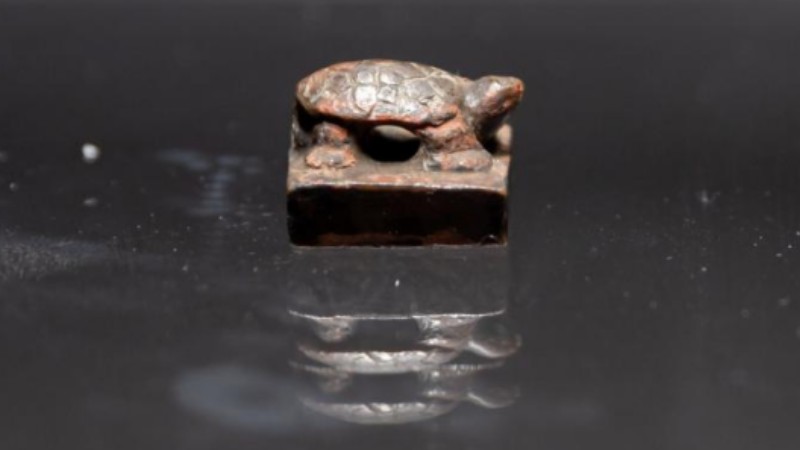Interview: World concerned over Japan's nuclear-contaminated water disposal plan, says Turkish expert
ISTANBUL, March 5 (Xinhua) -- The Japanese government's announcement to discharge Fukushima nuclear-contaminated wastewater into the sea has caused concerns across the world, a prominent Turkish expert on the Asia Pacific region has said recently.
"That is not something that will harm only Japan or the surrounding environment, but it is an action that concerns the whole world," Merthan Dundar, director of Ankara University Asia-Pacific Studies Application and Research Center, told Xinhua.
The Japanese government announced in January that it would release radioactive wastewater from the wrecked Fukushima Daiichi nuclear power plant into the Pacific Ocean in the spring or summer this year.
The spillage of contaminated material could largely affect fisheries and marine life, the scholar said.
"In the globalized world, people eat fish caught in the Atlantic and Pacific oceans. It seems that this will create a problem for all humanity," he added.
Although some experts said that the water would be cleaned by the Advanced Liquid Processing System, Dundar is especially worried that some substances, such as tritium, a radioactive isotope of hydrogen present in the Fukushima wastewater, would decay easily.
The International Atomic Energy Agency (IAEA) sent a technical task force to Japan in January to review Japan's disposing plan, and a report would be published within three months. However, the Japanese government unilaterally announced the disposing plan before the visit of the IAEA's technical task force.
"Such reckless behavior raises questions about whether Japan values the authority of the IAEA and its technical task force. Is Japan determined to proceed with its unilateral discharge plan regardless of the outcome of the assessment?" A Chinese Foreign Ministry spokesperson said earlier last month.
Dundar also expressed his concern over the period of the disposing process, which will continue for as long as 30 years, according to the Japanese government.
"So they won't drain all the water in two years. It will be gradually released to this sea in 30 to 40 years," Dundar said. "I have to say that I am frankly worried."
He called on all countries to be involved in the Japanese government's planned discharge of Fukushima nuclear-contaminated wastewater, so as to ease people's concerns.
"Not just an institution in duty, but NGOs and scientists from different countries should be involved in the process and should convince us before this act, and all our questions should be answered as crystal-clearly as possible," he said.
Photos
Related Stories
- Child suicides, abuse cases in Japan hit record high in 2022
- Japanese gov't says bird flu cull to top 15 million this season
- Fatal accidents by elderly drivers in Japan rise in 2022 for 2nd year
- Suspected money laundering cases in Japan hit record high in 2022
- Japanese firms' pretax profits drop for 1st time in 8 quarters on soaring energy, raw material costs
Copyright © 2023 People's Daily Online. All Rights Reserved.









